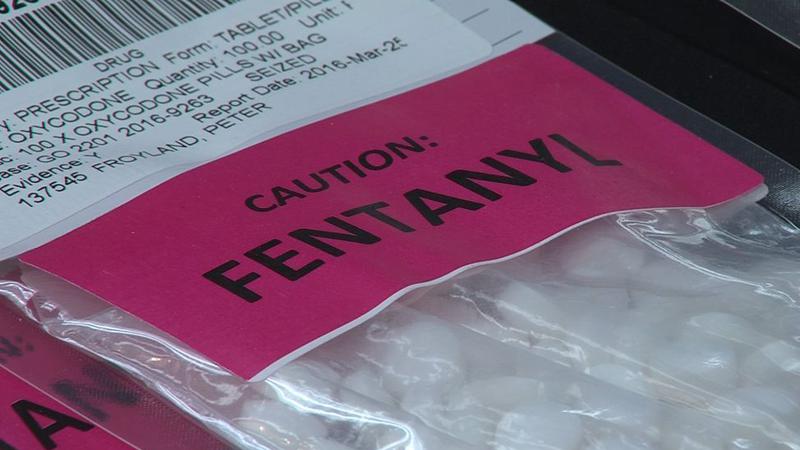
Top Stories of 2020: Overdose crisis in Nanaimo surges as tragic records broken across province
NANAIMO — COVID-19 wasn’t the only health emergency in B.C. in 2020.
By the end of October, the resurgent overdose epidemic had claimed nearly four times as many lives as the COVID-19 pandemic. Nearly 1,400 lives were lost across the province as stressors from the pandemic pushed people deeper into crisis and drug toxicity rose when the border between Canada and America closed.
In Nanaimo, the number of people fatally overdosing tragically reversed course.
More than 34 people lost their lives to drugs in Nanaimo by the end of October, exceeding the amount in 2019 and nearing the 2018 total.


